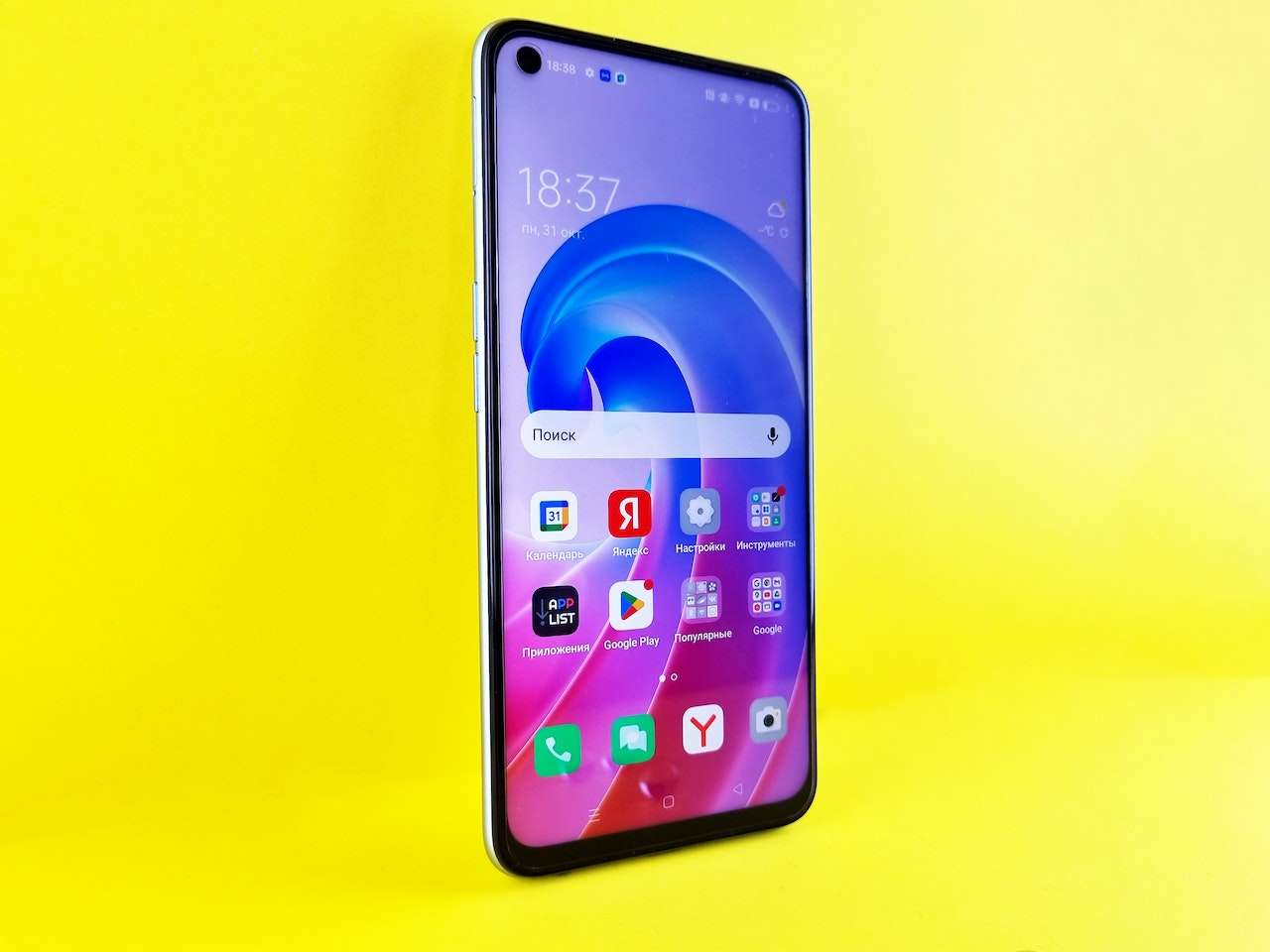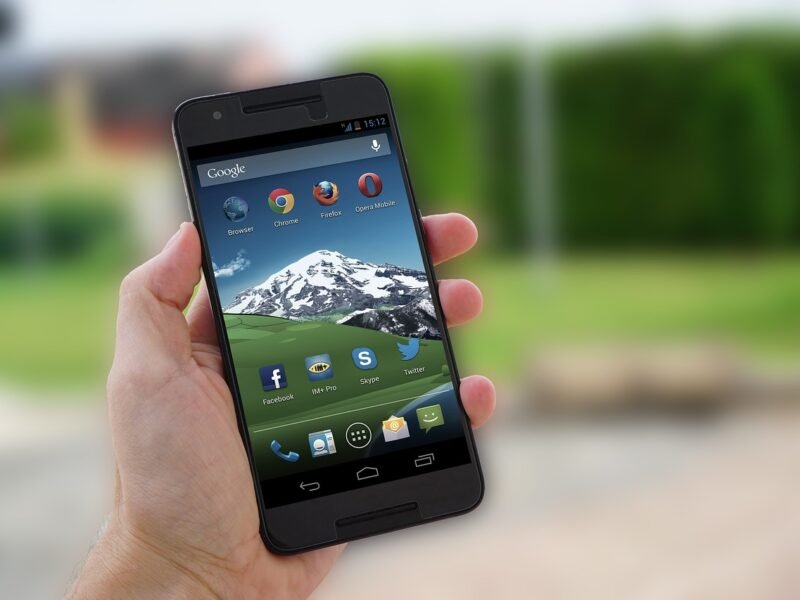The Google Play Store is one of the most popular app stores for Android devices, offering millions of apps to choose from.
While most of the apps in the store are safe and useful, there are some malicious apps that can harm your device and steal your personal information.
In this article, we will explore some of the most dangerous and malicious apps in the Google Play Store.
1. FakeAV:
FakeAV is a type of malware that disguises itself as an antivirus app.
When you download and install the app, it will display fake virus alerts and prompt you to purchase the full version to remove the supposed threats.
However, the app is a scam, and it will not protect your device from viruses. Instead, it can infect your device with more malware and steal your personal information.
To avoid FakeAV, only download antivirus apps from reputable developers and sources.
2. Banking Trojans:
Banking Trojans are a type of malware that targets banking apps and financial institutions.
When you download and install a banking Trojan, it can steal your login credentials, credit card information, and other sensitive data.
The malware can also intercept and redirect your online banking transactions, leading to financial losses. To avoid banking Trojans, only download banking apps from reputable sources, and avoid clicking on suspicious links or emails.
Read more:-
Fau-G Game On The Google Play Store
Progressive Web Apps Be Allowed In The PlayStore
3. Adware:

Adware is a type of malware that displays unwanted and intrusive advertisements on your device.
When you download and install an adware app, it can display ads on your lock screen, home screen, and other apps.
The ads can be difficult to close, and they can slow down your device and consume your data.
Adware can also collect your personal information and sell it to third-party advertisers.
To avoid adware, only download apps from reputable developers and sources, and read the app reviews before downloading.
4. Spyware:
Spyware is a type of malware that can monitor and record your device activity, including your calls, messages, and browsing history.
When you download and install a spyware app, it can collect your personal information and transmit it to the app developer or a third party.
Spyware can also track your location and access your camera and microphone.
To avoid spyware, only download apps from reputable developers and sources, and avoid giving unnecessary permissions to apps.
5. SMS Trojans:
SMS Trojans are a type of malware that sends and receives text messages without your consent.
When you download and install an SMS Trojan, it can send premium-rate text messages to numbers controlled by the app developer, leading to financial losses.
The malware can also steal your contact list and send spam messages to your contacts.
To avoid SMS Trojans, only download apps from reputable sources, and avoid clicking on suspicious links or messages.
6. Ransomware:
Ransomware is a type of malware that can encrypt your device files and demand a ransom payment to restore access.
When you download and install a ransomware app, it can lock your device and display a message demanding payment in exchange for the decryption key.
The malware can also threaten to delete your files if you don’t pay the ransom.
To avoid ransomware, only download apps from reputable sources, and avoid clicking on suspicious links or messages.
7. Malicious VPN apps:
Malicious VPN apps are a type of malware that claims to provide secure and private internet access, but in reality, they can monitor your online activity and steal your personal information.
When you download and install a malicious VPN app, it can track your browsing history, collect your login credentials, and transmit them to the app developer or a third party.
To avoid malicious VPN apps, only download VPNs from reputable developers and sources, and read the app reviews before downloading.
Read more:-
“Editor’s Choice” Meaning In Google PlayStore
Huawei Phones Still Have The Google PlayStore
1. FakeAV:
FakeAV is a type of malware that is often distributed through spam emails, malicious websites, or peer-to-peer networks.
When you download and install the app, it can display fake virus alerts and prompt you to purchase the full version to remove the supposed threats.
However, the app is a scam, and it will not protect your device from viruses.
Instead, it can infect your device with more malware and steal your personal information, such as your credit card details and login credentials. FakeAV can also slow down your device and display unwanted ads.
2. Banking Trojans:
Banking Trojans are a type of malware that targets banking apps and financial institutions.
When you download and install a banking Trojan, it can steal your login credentials, credit card information, and other sensitive data.
The malware can also intercept and redirect your online banking transactions, leading to financial losses.
Banking Trojans can be distributed through malicious websites, phishing emails, or fake banking apps.
3. Adware:
Adware is a type of malware that displays unwanted and intrusive advertisements on your device.
When you download and install an adware app, it can display ads on your lock screen, home screen, and other apps.
The ads can be difficult to close, and they can slow down your device and consume your data.
Adware can also collect your personal information and sell it to third-party advertisers.
Adware can be distributed through malicious websites, spam emails, or fake app stores.
4. Spyware:
Spyware is a type of malware that can monitor and record your device activity, including your calls, messages, and browsing history.
When you download and install a spyware app, it can collect your personal information and transmit it to the app developer or a third party.
Spyware can also track your location and access your camera and microphone. Spyware can be distributed through malicious websites, phishing emails, or fake apps.
5. SMS Trojans:
SMS Trojans are a type of malware that sends and receives text messages without your consent.
When you download and install an SMS Trojan, it can send premium-rate text messages to numbers controlled by the app developer, leading to financial losses.
The malware can also steal your contact list and send spam messages to your contacts. SMS Trojans can be distributed through malicious websites, phishing emails, or fake apps.
6. Ransomware:
Ransomware is a type of malware that can encrypt your device files and demand a ransom payment to restore access.
When you download and install a ransomware app, it can lock your device and display a message demanding payment in exchange for the decryption key.
The malware can also threaten to delete your files if you don’t pay the ransom.
Ransomware can be distributed through malicious websites, phishing emails, or fake apps.
7. Malicious VPN apps:
Malicious VPN apps are a type of malware that claims to provide secure and private internet access, but in reality, they can monitor your online activity and steal your personal information.
When you download and install a malicious VPN app, it can track your browsing history, collect your login credentials, and transmit them to the app developer or a third party.
Malicious VPN apps can be distributed through malicious websites, phishing emails, or fake app stores.
To protect your device from these types of malicious apps, it’s important to only download apps from reputable developers and sources, read the app reviews before downloading, and avoid clicking on suspicious links or messages.
You should also keep your operating system and apps up-to-date with the latest security patches and use a reputable antivirus app to scan for and remove malware.
By taking these precautions, you can minimize the risks of downloading and installing malicious apps from the Google Play Store.
Read more:-
Useful or Interesting Applications In Google PlayStore
Productivity Applications On Google Play Store
Conclusion:
In conclusion, while the Google Play Store offers millions of useful and safe apps, there are some malicious apps that can harm your device and steal your personal information.
To avoid these threats, only download apps from reputable developers and sources, read the app reviews before downloading, and avoid clicking on suspicious links or messages.
By taking these precautions, you can protect your device and your personal information from malicious apps in the Google Play Store.



